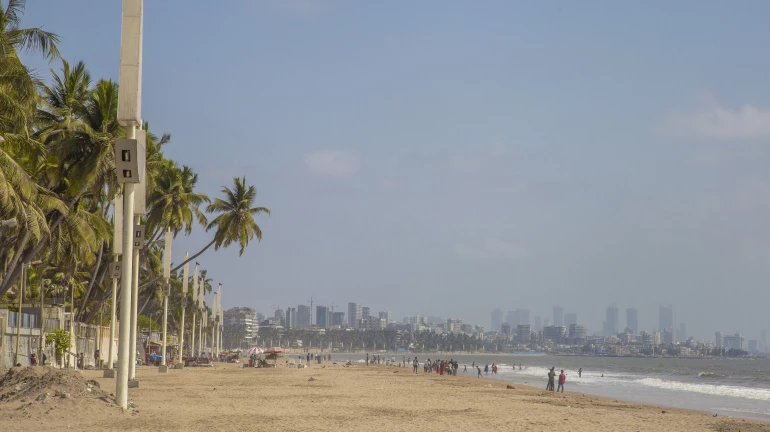
The Supreme Court has taken action in response to an appeal by environmental activist Zoru Bhathena regarding the construction of a sea erosion control wall at Versova Beach. The court has issued an order to halt the ongoing project. It has also raised serious questions about the legality of the construction.
The Maharashtra state public works department (PWD) has faced criticism from a court panel led by Justices Abhay Oka and Pankaj Mithal. The panel's ruling claimed that the beach destruction from the construction is illegal.
Justice Oka, presiding over the bench, stated, "We feel that proper permission is not granted." Additionally, the Maharashtra Coastal Zone Management Authority (MCZMA) and the State Environmental Impact Assessment Authority (SEIAA) have come under scrutiny for failing to assess the impact of placing tetrapods on Versova Beach.
Tetrapods, commonly used to mitigate erosion, have been utilised in other locations, such as Marine Drive. However, the Supreme Court bench pointed out that this doesn't necessarily apply to Versova Beach. The court issued notices to all concerned parties for their responses.
Gopal Sankaranarayanan, senior attorney for Bhathena, argued that no clearance had been granted for the construction. He drew comparisons to the Maradu Towers in Cochin, which were ordered to be demolished for lesser violations.
According to Bhathena's petition, the core issue revolves around the construction of a new anti-sea erosion wall at the beach, a project for which neither the MCZMA nor the SEIAA have recommended or granted authorization. The timeline of recommendations and actions related to this issue dates back to 2016, when the PWD initially suggested the construction of an anti-sea erosion bund. This was followed by the advice of the CWPRS (Central Water and Power Research Station).
In 2017, MCZMA recommended the "reconstruction of an anti-sea erosion wall" with minimal reclamation. Bhathena's appeal asserts that the PWD was only authorised to repair the existing wall, not to construct a new one in a different location. Furthermore, it claimed that the reclaimed space had taken the form of a motorable road. It was formerly a natural, sandy beach for strolling.
Saket Mone, a lawyer representing the state PWD, opposed Bhathena. He said that the project served the public's interest and had obtained the necessary permits. He disclosed that the construction was nearly 95% complete. The PWD had initiated the construction of the anti-erosion wall in response to complaints from Versova villagers regarding beach flooding leading to property damage.
Bhathena's appeal to the National Green Tribunal (NGT) to have the new wall demolished and the beach restored had been met with rejection by the NGT. In his appeal to the Supreme Court, Bhathena also alleged that the NGT had disregarded the unlawful destruction of an Olive Ridley turtle nesting site. This is a violation of the Wildlife Protection Act.





